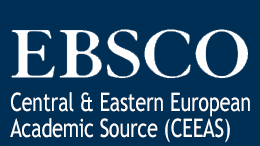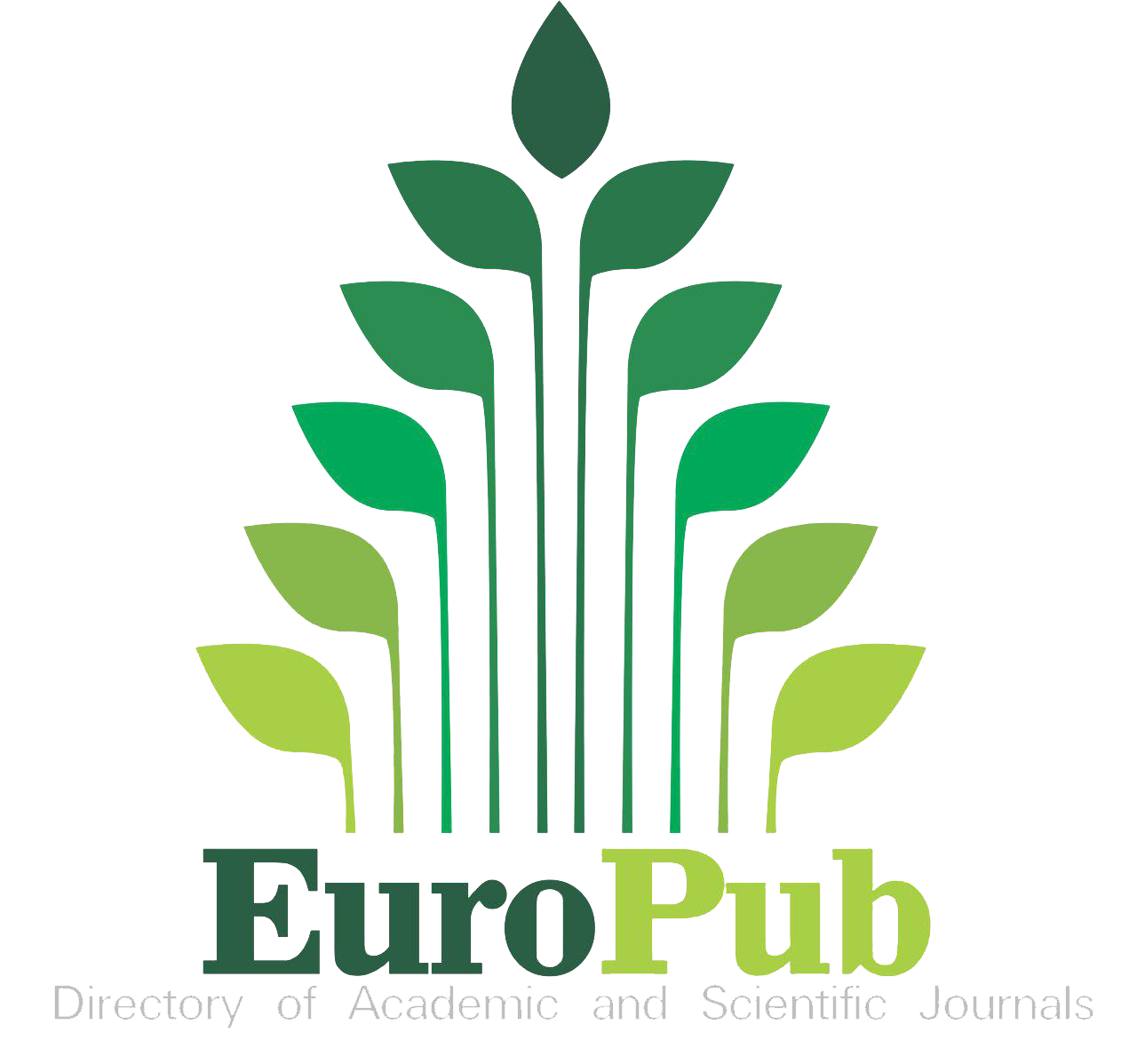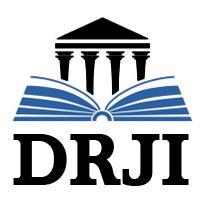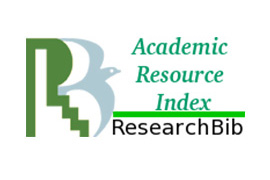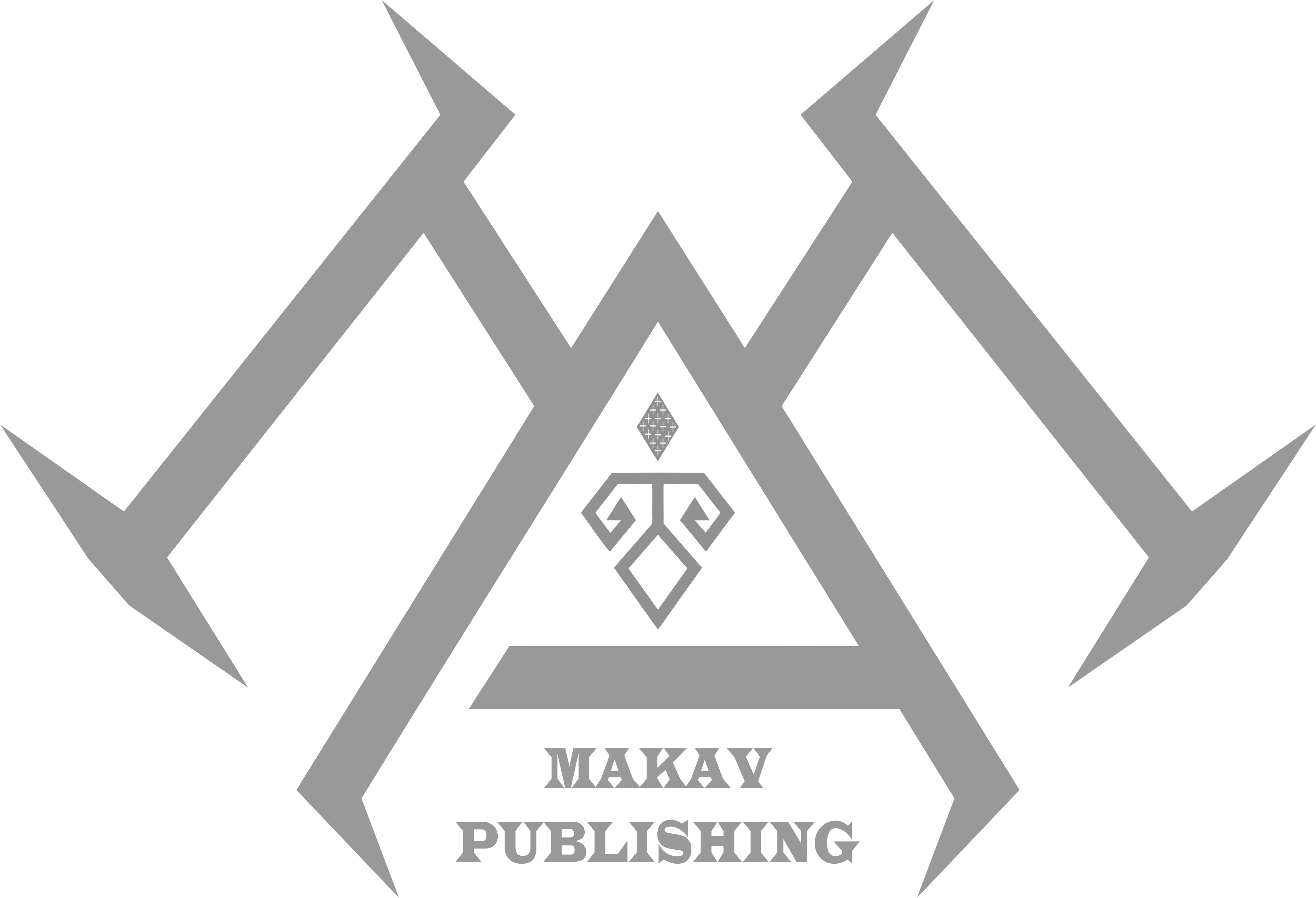Publication Ethics and Malpractice Statement
- Authorship and Contributorship
All listed authors must have made a significant intellectual or practical contribution to the manuscript, encompassing concept and design, data collection, analysis and interpretation, or drafting and critical revision of the manuscript. By being listed as an author, individuals assume accountability for the work presented. All contributors who do not meet authorship criteria should be listed in the acknowledgments section. The corresponding author is responsible for ensuring that all co-authors have approved the final version of the manuscript and agreed to its submission.
- Complaints and Appeals
Complaints or appeals concerning editorial decisions, author misconduct, or any aspect of the journal's processes may be submitted to the editorial office via [editor@ratsjournal.com, mustafamakav@gmail.com]. All complaints will be acknowledged promptly, investigated impartially, and handled strictly in line with COPE (Committee on Publication Ethics) guidelines. Decisions will be communicated to all relevant parties.
- Allegations of Research Misconduct
The journal takes allegations of research misconduct with utmost seriousness. Suspected cases of fabrication, falsification, plagiarism, image manipulation, or unethical experimentation will be thoroughly investigated following COPE procedures. If misconduct is confirmed, appropriate actions, including corrections, retractions, or editorial expressions of concern, will be issued. We may also notify the authors' institutions where appropriate.
- Conflicts of Interest / Competing Interests
Authors, reviewers, and editors must disclose any financial or non-financial conflicts of interest that could potentially influence the research or publication process. Authors are required to include a dedicated "Conflict of Interest" statement in their manuscripts. If no conflict exists, authors should explicitly state: "The authors declare no conflict of interest." When in doubt, authors should err on the side of disclosure.
- Data Sharing and Reproducibility
Authors are strongly encouraged to make their research data publicly available whenever possible, or to provide clear information on how the data can be accessed (e.g., through a public repository). The journal supports the transparency and reproducibility of research through detailed method descriptions and mandatory data availability statements within the manuscript.
- Ethical Oversight
Research involving human participants, animals, or sensitive data must have received prior approval from an appropriate ethics committee and must comply with institutional, national, and international ethical standards. Authors must provide a statement of ethical approval and confirm informed consent (if applicable) within the manuscript.
- Intellectual Property and Copyright
Authors retain copyright of their work published in RATS under a Creative Commons Attribution 4.0 International License (CC BY 4.0). This allows for maximum dissemination and reuse of content, provided the original work is properly attributed. The journal respects all intellectual property rights and has a zero-tolerance policy for plagiarism or unauthorized use of copyrighted materials.
- Post-Publication Discussions and Corrections
RATS facilitates post-publication discussions through letters to the editor. Errors identified after publication will be addressed promptly. Minor errors will result in a formal correction (erratum or corrigendum). Authors and readers are encouraged to notify the editor of any concerns regarding published articles.
- Corrections, Retractions, and Editorial Expressions of Concern
When significant errors or confirmed misconduct are identified in published articles, the journal will take swift and decisive action. Minor errors will be corrected via an erratum or corrigendum. Major issues, including confirmed research misconduct, may lead to a retraction or an editorial expression of concern, all in strict accordance with COPE flowcharts. The aim is to maintain the integrity of the scholarly record.
- Publication Integrity
RATS employs plagiarism detection software (e.g., iThenticate or Turnitin) to screen all submissions. Any form of plagiarism, self-plagiarism, citation manipulation, or data falsification will lead to immediate rejection or retraction of the manuscript. The journal is unequivocally committed to upholding the integrity of the academic record and treats all publication ethics matters with the utmost seriousness.


